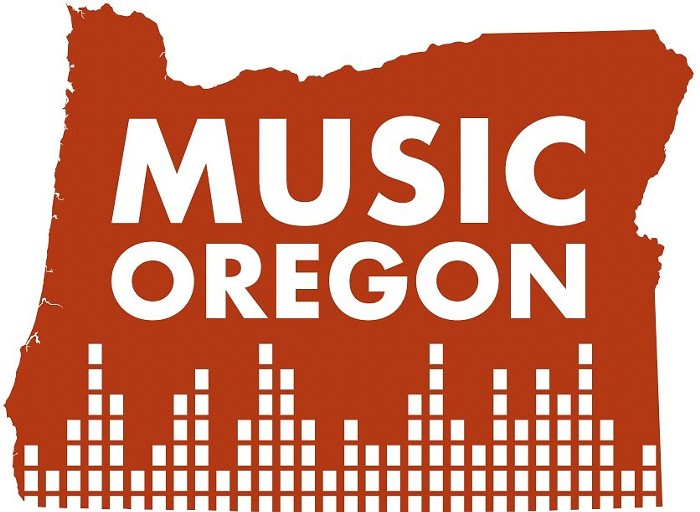
Chan Marshall looked ready for a dance party on the evening of Tuesday, Oct 29. Taking a well-deserved victory lap a full year after the release of her last album, Wanderer (recorded, as ever, under the name Cat Power), she took the stage at the Roseland Theater in a long, ’70s era dress and moved about with flowing gestures that gave way to angular juts of her arms and hips. She was seeking out a down beat that never came.
Her stripped down, three-piece band instead held to washed out atmospherics or stuck rigidly to one musical figure, repeating it and repeating it with the locked in, no-bullshit spirit of a Delta blues 78 or the J.B.’s. That backdrop was just what Marshall needed to do what she does so well in concert: stretching and bending the melodies of her songs and the covers she performed last night into new, more abstract figures.
Because of that, it was hard to find the hook or the center of some songs. “Nude As the News,” a track from her 1996 album What Would the Community Think, didn’t easily reveal itself, and even the title track to 2005’s The Greatest felt caught in a fog. Blame some of that on the dodgy sound inside the Roseland, which Marshall was visibly struggling with towards the end of the night. But otherwise, the originals tended to be willingly and beautifully obfuscated.
Where Marshall settled in was in the handful of cover songs that were scattered through the set list. She and her band turned Frank Ocean’s “Bad Religion” into a blasted-out sermon, elongating its desperate admission of unrequited love into a testimony of God’s absence. She stitched a quote from Jackson Browne’s “These Days” to the beginning of her own “Song to Bobby,” which deepened the already nostalgic bent of the original.
She closed out the set as if sweeping through the room with scythe, moving from her take on the folk tune “He Was a Friend of Mine” right into a swooning version of “Shivers,” a song written by Rowland S. Howard for Nick Cave’s first band, the Boys Next Door. Marshall and the band gave it a light R&B dusting, dampening the agony of the original and finding its romantic root cause. (She also—as far as I could tell—skipped past the suicidal contemplation that kicks off the song, and replaced it with a quote from the Velvet Underground’s “Oh! Sweet Nuthin’.”) Marshall wisely ended the show there, not coming back for an encore. That would have left the audience no time to recover from the emotional bombshell she just dropped.


















